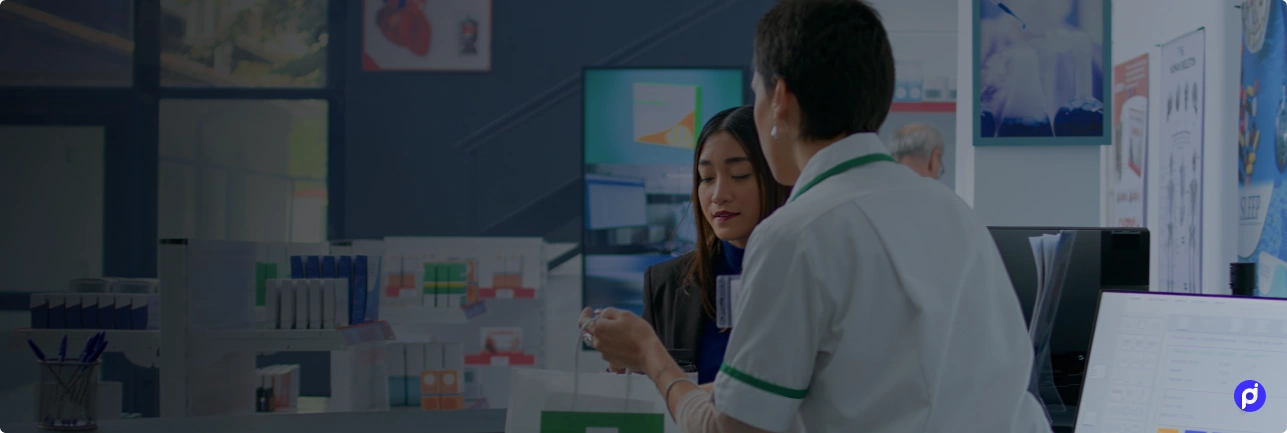The quality of your app design matters significantly because customers prefer interactive, intuitive, and user-friendly applications. Among the various technologies available, ReactJS stands out as a frontrunner in app development. ReactJS development company is often preferred for building modern, robust applications that enhance user experience and engagement. In this blog we will study the reasons ReactJS is preferred for app design.
The Power of ReactJS in Modern App Design
ReactJS is a JavaScript library developed by Facebook, known for its flexibility and simplicity. It enables developers to create applications with interactive UIs, ensuring that each component works smoothly without overloading the system. ReactJS has become the backbone of many leading apps due to its ease of use and ability to handle complex user interfaces.
A ReactJS development company brings a deep understanding of this framework, ensuring your app is built with both aesthetic appeal and functional efficiency. Leveraging ReactJS’s component-based structure allows developers to create modular and reusable code, which is highly valuable in today’s fast-paced development cycles. By employing an expert team, companies can deliver applications that are not only visually appealing but also maintain performance standards that keep users engaged.
Reasons to Prefer ReactJS Development
1. Improved App Performance with Virtual DOM
One of the primary reasons for using ReactJS in modern app design is its use of the Virtual DOM (Document Object Model). Traditional app designs tend to lag due to the continuous updates made to the actual DOM, which can slow down performance. ReactJS, however, optimizes the update process by using a virtual version of the DOM. This means changes happen in real-time without affecting the user experience, as only necessary updates are implemented. A professional ReactJS development company understands how to leverage Virtual DOM to deliver applications that respond swiftly to user actions, making apps highly interactive and user-friendly.
2. Reusable Components for Faster Development
Another major benefit of ReactJS is its component-based structure, allowing developers to create self-contained components that can be reused across different parts of the application. This modular approach speeds up development and ensures consistency in design and functionality, particularly useful for large-scale applications. A specialized ReactJS development company is proficient in creating and implementing these reusable components, cutting down the time to market and reducing development costs.
3. SEO-Friendly Architecture for Better Visibility
In a highly competitive digital landscape, search engine optimization (SEO) is vital for an app’s success. ReactJS is particularly favorable for SEO, as it enables server-side rendering, improving load times and boosting search engine visibility. Apps built with ReactJS are optimized to be fast loading, a key factor in search rankings. A ReactJS development company can further enhance these benefits by building SEO-friendly structures, which helps attract more users to the app and increase visibility.
4. Enhanced User Experience with Responsive Design
With users accessing apps on multiple devices, responsive design has become essential. ReactJS allows developers to create responsive interfaces that look and function excellently on any screen size. Whether it’s a mobile phone, tablet, or desktop, ReactJS ensures that the app maintains its usability across devices.
Why Your Business Needs a ReactJS Development Company?
Incorporating a high-quality, user-centric design is non-negotiable for today’s apps. A ReactJS development company brings expertise in building intuitive UIs that help brands stand out. With technical know-how in performance optimization, reusable components, SEO-friendly features, and responsive design, these professionals can bring your vision to life while maintaining efficiency.
Additionally, when you select a ReactJS Development Company to develop your application, it allows you to focus on your core business functions while letting seasoned developers handle the complexities of app design. Their knowledge of best practices and current trends means your app will be built not only for today’s standards but for future scalability as well. As businesses continue to struggle to succeed, adopting the right technologies becomes crucial. With its versatility, efficiency, and performance-oriented features, ReactJS is ideal for creating applications that cater to modern demands.
The FAQ’s
FAQ 1. Why is ReactJS a preferred choice for modern app design?
Answer: ReactJS stands out in app design due to its flexibility, efficiency, and component-based structure, allowing developers to create dynamic, user-friendly interfaces. It enhances user engagement with its Virtual DOM, ensuring smooth performance without overwhelming the system. This makes it a popular choice among businesses looking to build high-performance applications with strong user experience.
FAQ 2. How does a ReactJS Development Company improve app performance?
Answer: A ReactJS Development Company leverages the Virtual DOM, a core feature of ReactJS, to optimize app performance. This approach enables quick, real-time updates without impacting the app’s responsiveness, as only the necessary parts of the DOM are updated. This makes ReactJS apps highly interactive and responsive, providing an improved user experience.
FAQ 3. What benefits do reusable components in ReactJS bring to app development?
Answer: ReactJS’s component-based structure allows developers to create reusable, self-contained components, which significantly speeds up the development process. These reusable components ensure design and functional consistency across the app and simplify updates. This modular approach also shortens time-to-market and reduces development costs, particularly for larger applications.
FAQ 4. How does ReactJS contribute to an app’s SEO-friendliness?
Answer: ReactJS supports server-side rendering, which improves load times and optimizes search engine visibility. Faster load times are a key ranking factor for search engines, and ReactJS’s SEO-friendly architecture ensures that applications built with it are more likely to rank well in search results. A ReactJS Development Company can further enhance these benefits by optimizing app structure for better SEO performance.
FAQ 5. Why should businesses consider hiring a ReactJS Development Company?
Answer: A ReactJS Development Company provides the expertise needed to create user-centric, high-performance applications. With knowledge in performance optimization, SEO, responsive design, and reusable components, a professional ReactJS team can build a robust application that meets today’s standards and is scalable for future demands. This allows businesses to focus on core operations while experienced developers handle the complexities of app design.








